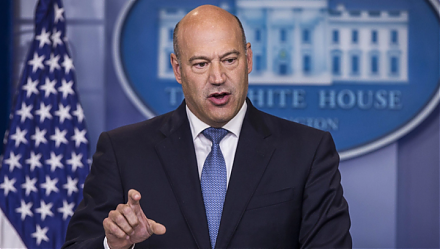

BlackRock Municipal Income Trust II (the Trust) is a diversified closed-end management investment company. The Trust’s investment objective is to provide current income exempt from regular federal income tax. The Trust will invest at least 80% of its total assets in municipal bonds that are investment-grade quality, or determined by its investment adviser to be of equivalent credit quality at time of purchase. The Trust may invest up to 20% of its total assets in municipal bonds that are rated, at the time of investment, Ba/BB or B by Moody’s Investors Service (Moody's), Standard & Poor’s (S&P) or Fitch Ratings (Fitch), or that are unrated but judged to be of comparable quality by its investment advisor. ...
+See MoreSharpe-Lintner-Black CAPM alpha (Premium Members Only) Fama-French (1993) 3-factor alpha (Premium Members Only) Fama-French-Carhart 4-factor alpha (Premium Members Only) Fama-French (2015) 5-factor alpha (Premium Members Only) Fama-French-Carhart 6-factor alpha (Premium Members Only) Dynamic conditional 6-factor alpha (Premium Members Only) Last update: Saturday 28 February 2026
2017-01-27 17:19:00 Friday ET

Tony Robbins explains in his latest book on personal finance that *patience* is the top secret to successful stock investment. The stock market embeds an
2018-03-02 12:34:00 Friday ET

White House top economic advisor Gary Cohn resigns due to his opposition to President Trump's recent protectionist decision on steel and aluminum tariff
2021-02-01 10:19:00 Monday ET

In recent times, the International Monetary Fund (IMF) predicts that the fiscal-debt-to-GDP ratio of most rich economies would rise from 95% in 2018 to 135%
2018-07-25 11:41:00 Wednesday ET

President Trump hails and touts America's new high real GDP economic growth in 2018Q2. The U.S. is now a $20+ trillion economy, and America hits this mi
2019-11-09 16:38:00 Saturday ET

Federal Reserve Chairman Jerome Powell indicates that the central bank would resume Treasury purchases to avoid turmoil in money markets. Powell indicates t
2023-09-07 11:30:00 Thursday ET

Michael Woodford provides the theoretical foundations of monetary policy rules in ever more efficient financial markets. Michael Woodford (2003)